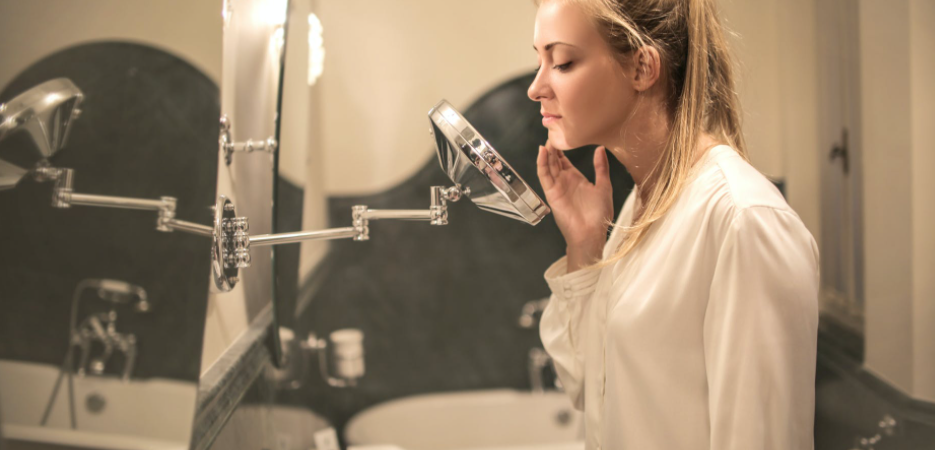Losing collagen is an inescapable consequence of aging. When we’re young, we have plentiful supplies of collagen, which keeps our skin looking radiant and youthful. But as sure as night follows day, our skin gradually begins to display the fact that we’re getting older.
But exactly what is collagen, and why does it decline as we age? And more importantly, is there anything we can do to slow down this process and keep our youthful looks longer?
What is collagen?
Collagen is a type of protein. In fact, it’s the most abundant protein in the human body. It’s mostly associated with the skin, but collagen is also found in the blood vessels, the corneas of our eyes, muscles, tendons, and ligaments, and even our teeth and bones. Collagen accounts for around a third of all the protein in our body and is the ‘glue’ that holds many of our tissues together. The word ‘collagen’ unsurprisingly comes from the Greek word for glue, ‘kólla’.
There are over a dozen different types of collagen, but the main four are collagen types I, II, III, and IV. Around 90% of all the collagen in our body is type I. It’s this type that’s most abundant in the skin but also gives form and structure to the teeth, bones, and connective tissues.
Type II collagen helps to keep the joints supple and spongy; type III provides structural support to the muscles, arteries and certain organs and type IV plays a minor role in the skin.
What role does collagen I play in the skin?
We like to think of collagen as a type of ‘biological scaffold’. It sits under the upper layers of the skin in a tight lattice formation, providing support to the skin, keeping it plump, supple, and lifted. As we age, this lattice begins to weaken as the bonds keeping it all together begin to slowly break down.
Over time, this causes areas within the scaffold to pull apart, causing gaps and thinning areas, on a microscopic level. The skin that was sitting on top of these areas then begins to sag downwards into the gaps and weaker areas, causing the classic and inevitable signs of aging – fine lines, wrinkles, drooping, and a loss of fullness leading to a hollowing of the face.
What causes us to lose collagen?
Collagen loss might be a natural aspect of aging, but there are other factors that can increase the rate at which we lose collagen, and they’re all mainly to do with free radical damage. Free radicals are unstable molecules that cause damage to our cells, DNA, and proteins including collagen. Exposure to UV light from the sun, smoking, stress, and a diet heavy in high fat, high salt, high sugar, and processed foods all cause free radical production.
How can we reduce collagen loss?
Short of having an actual biological clock that we can physically turn back, it might seem like we just have to throw our hands up and admit defeat against the tides of time.
But that isn’t necessarily the case. Since our plant-based nutraceutical Astrion™ is independently and scientifically demonstrated to increase the production of type I collagen by 60% in the epidermis of the skin, and by 80% in the dermis.
Astrion™ does this via its unique delivery system, transporting nutrients deep into the epidermal, dermal, and subcutaneous layers of the skin. It has both lipophilic (fat-soluble) and hydrophilic (water-soluble) properties, allowing it to penetrate all the different cellular layers of the skin, and crucially hydrating and nourishing as it goes.
This skin nutraceutical not only works to boost the production of collagen but also the production of a compound called hyaluronic acid. Hyaluronic acid naturally occurs in the skin, and like collagen, declines as we age. It is capable of holding 1,000 times its weight in water, helping to hydrate the skin as well as add plumpness and minimize the appearance of fine lines and wrinkles.
Adding Astrion™ to your product range
As a skincare or nutraceutical brand, you’ll know that your customers want to fix a problem. If their problem is aging skin, then you need to be at the forefront of their minds with products that work.
Astrion™ can be added to topical skincare preparations, liquids, and oral supplements. With human studies demonstrating a 15% reduction in wrinkles, the question isn’t whether should you add Astrion™ to your offering, but when. And the answer is now. So contact us to see how we can significantly improve your product range.
